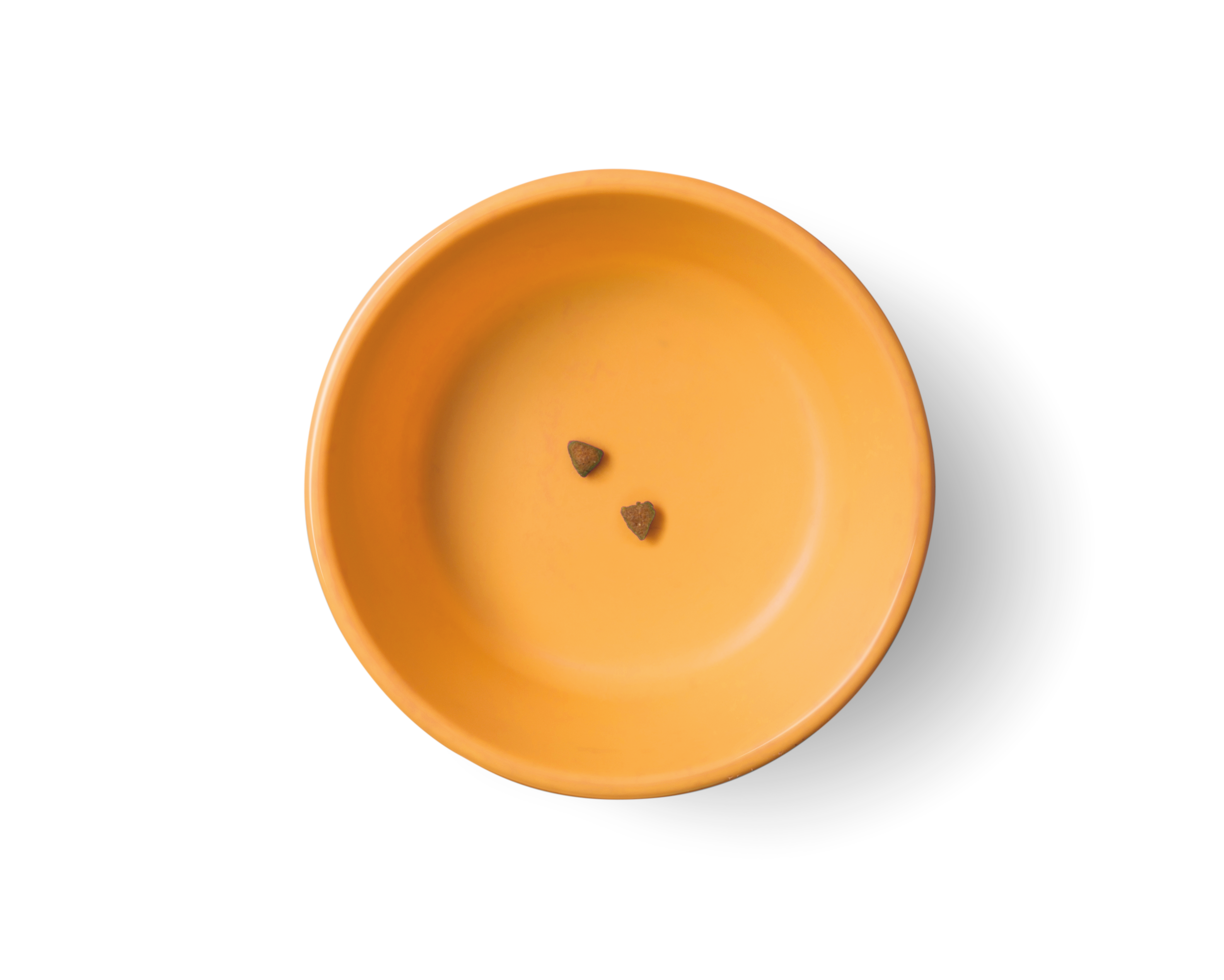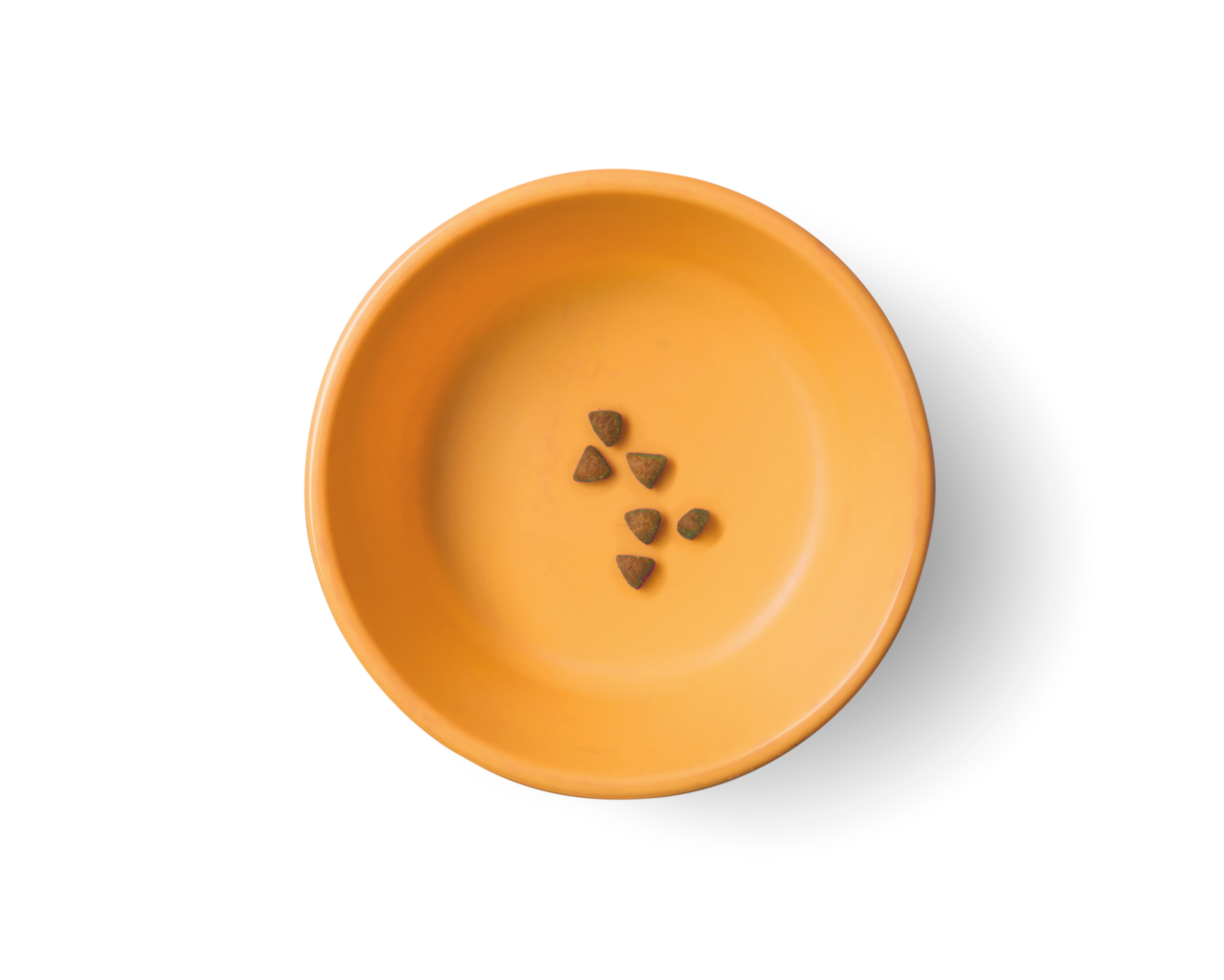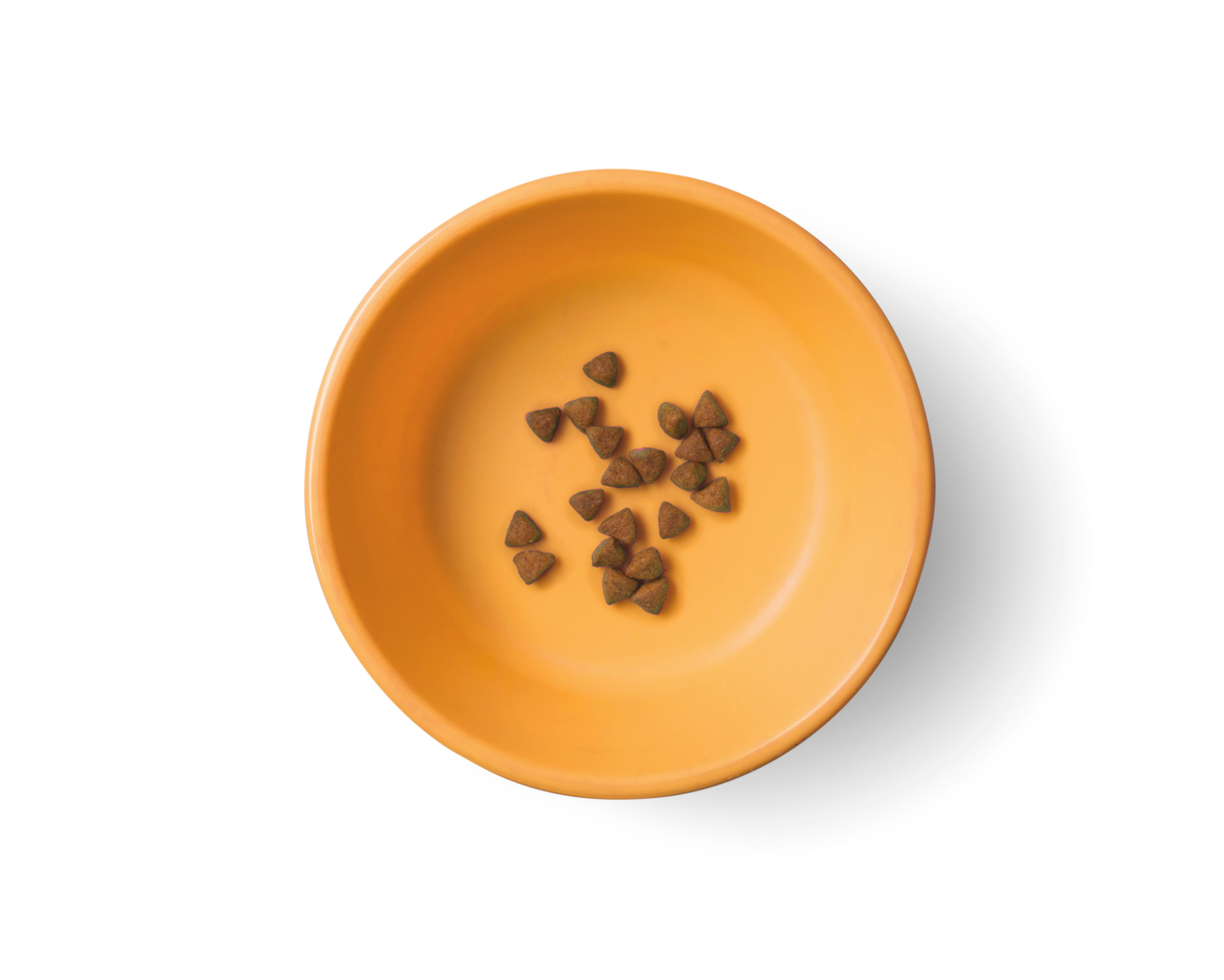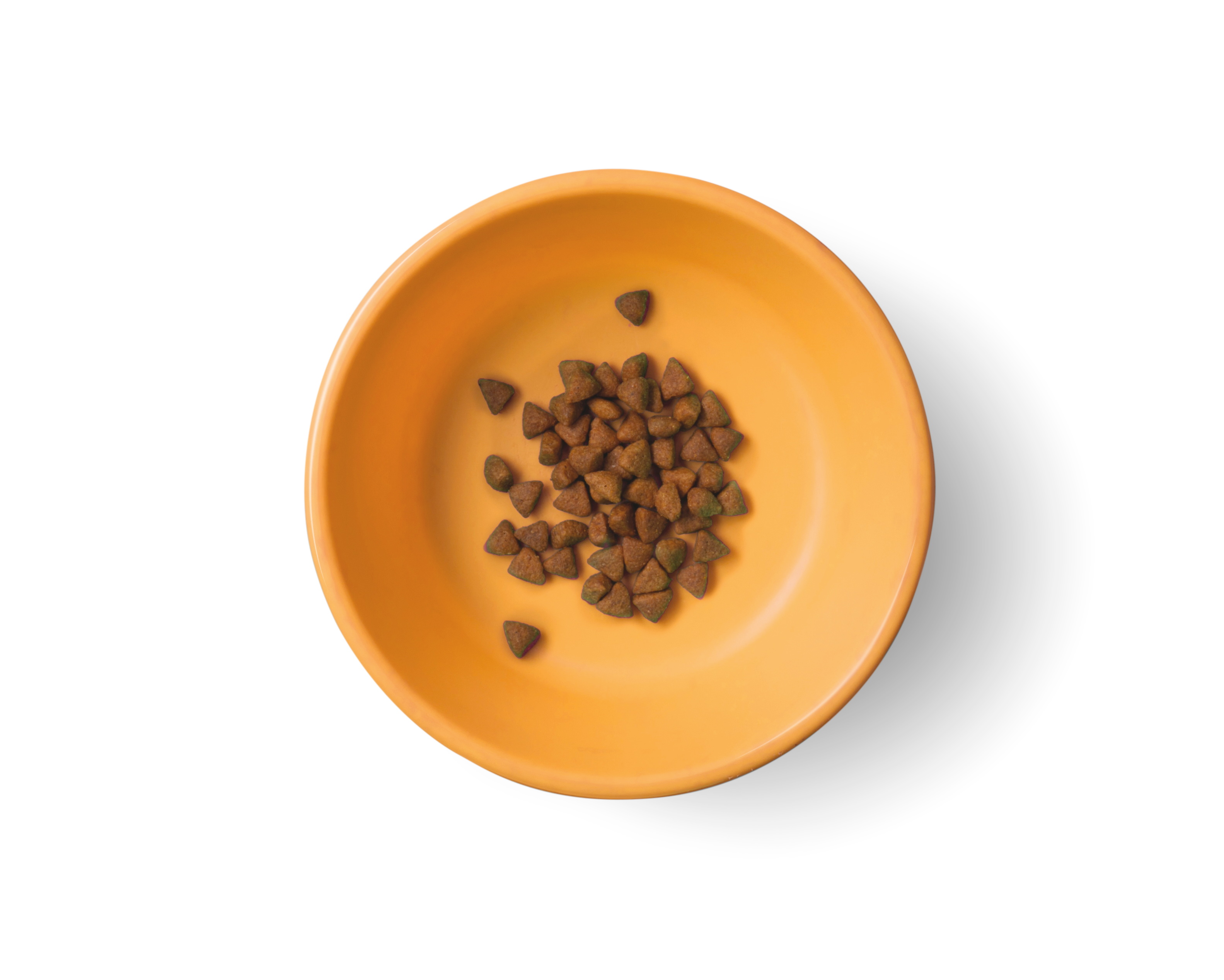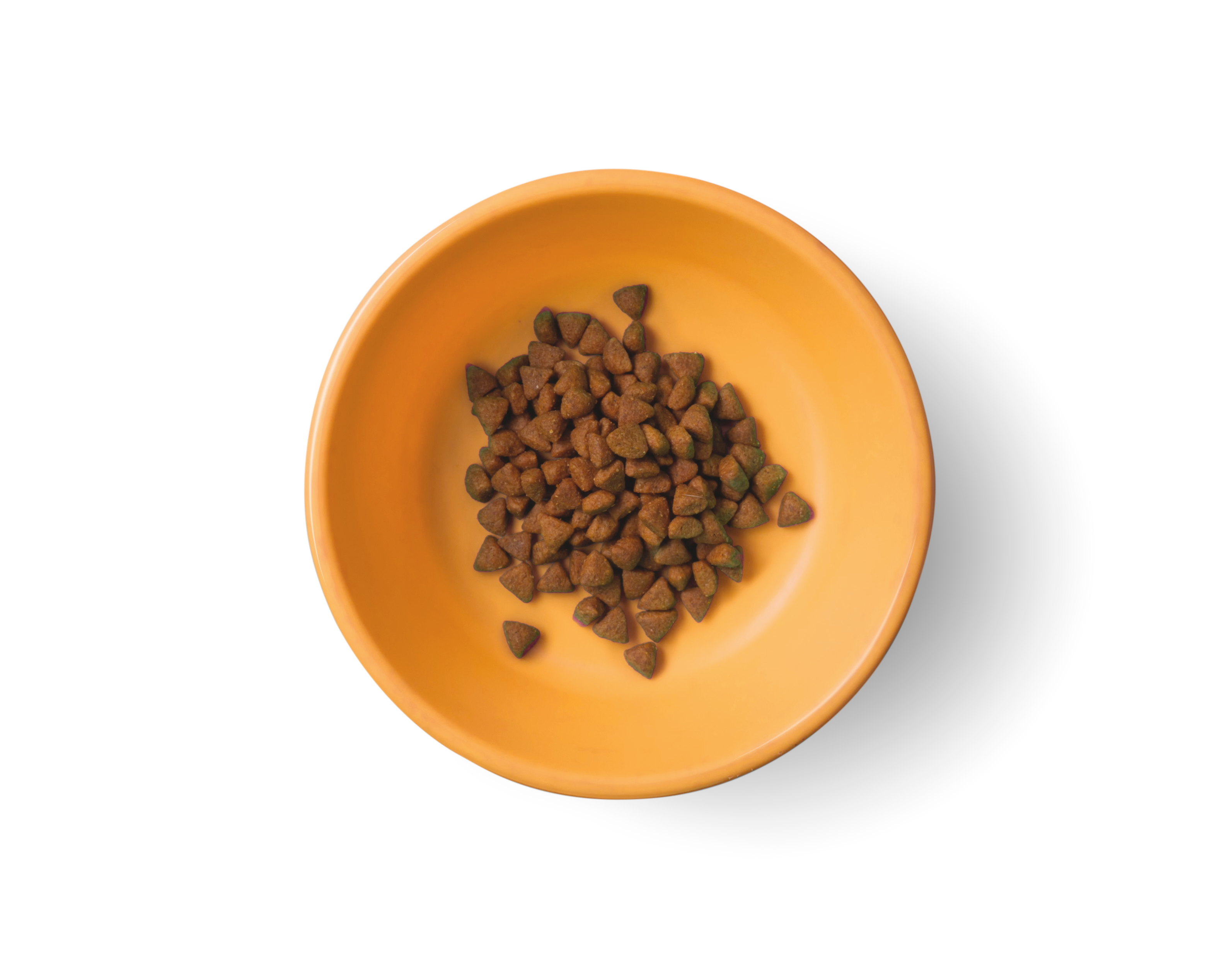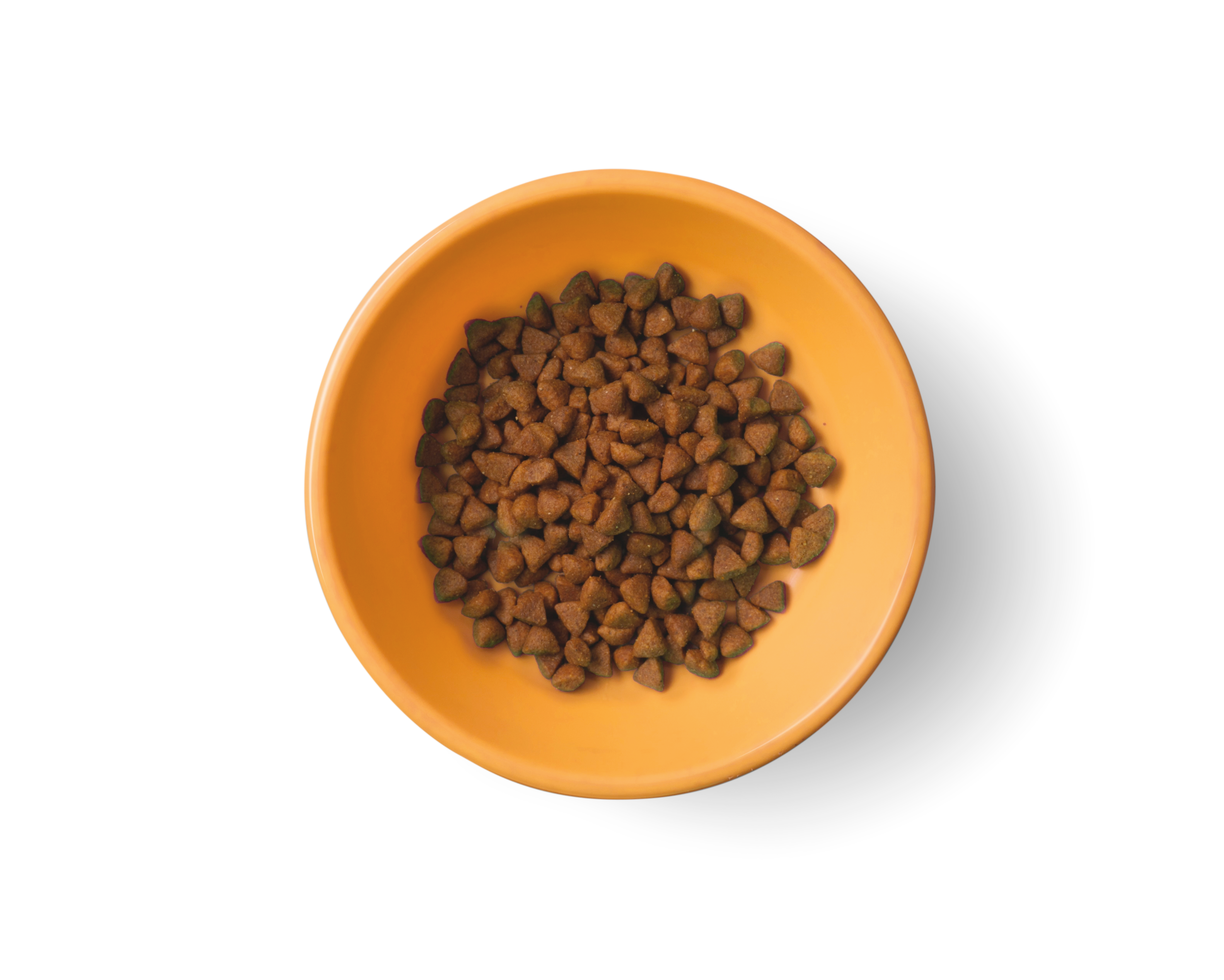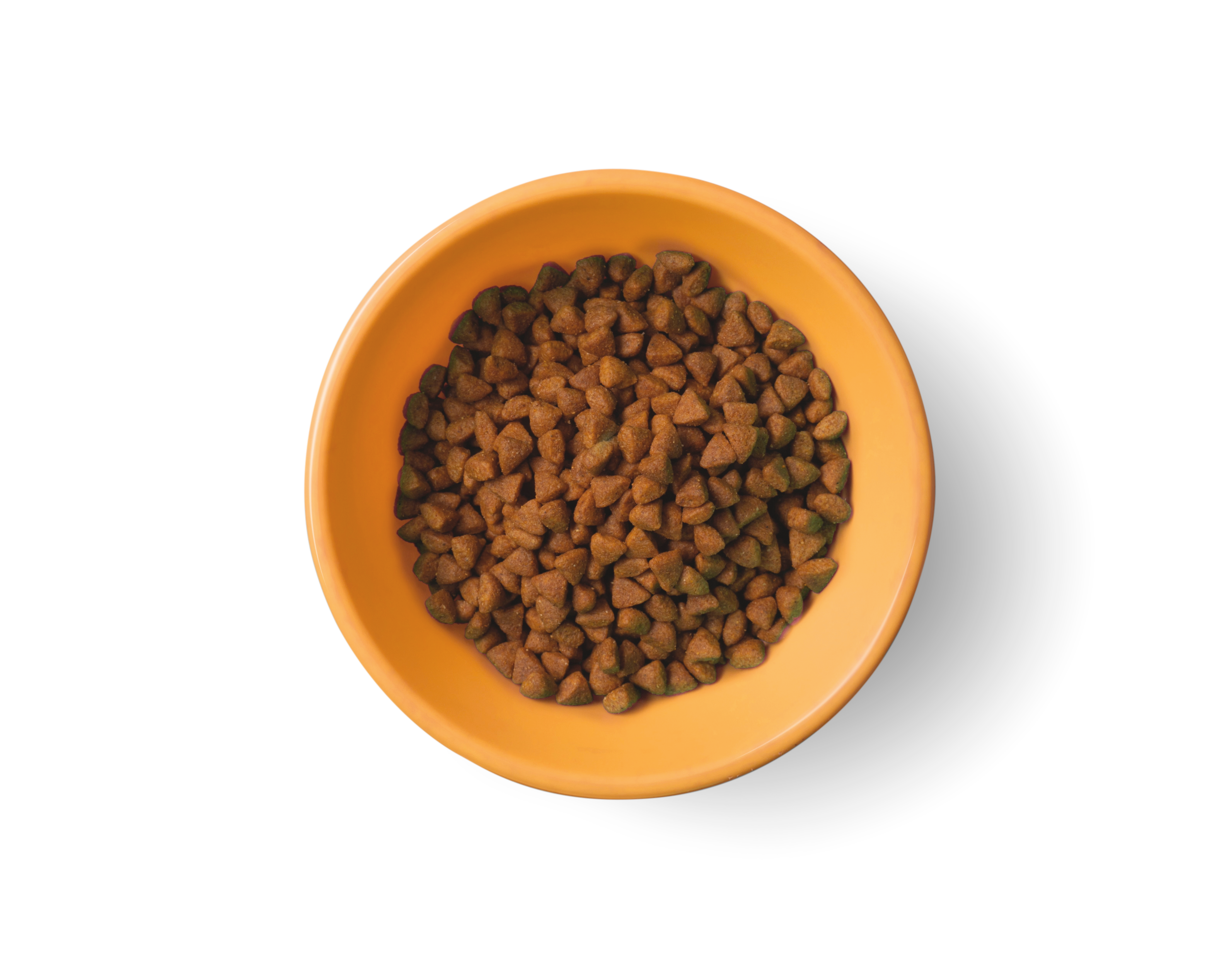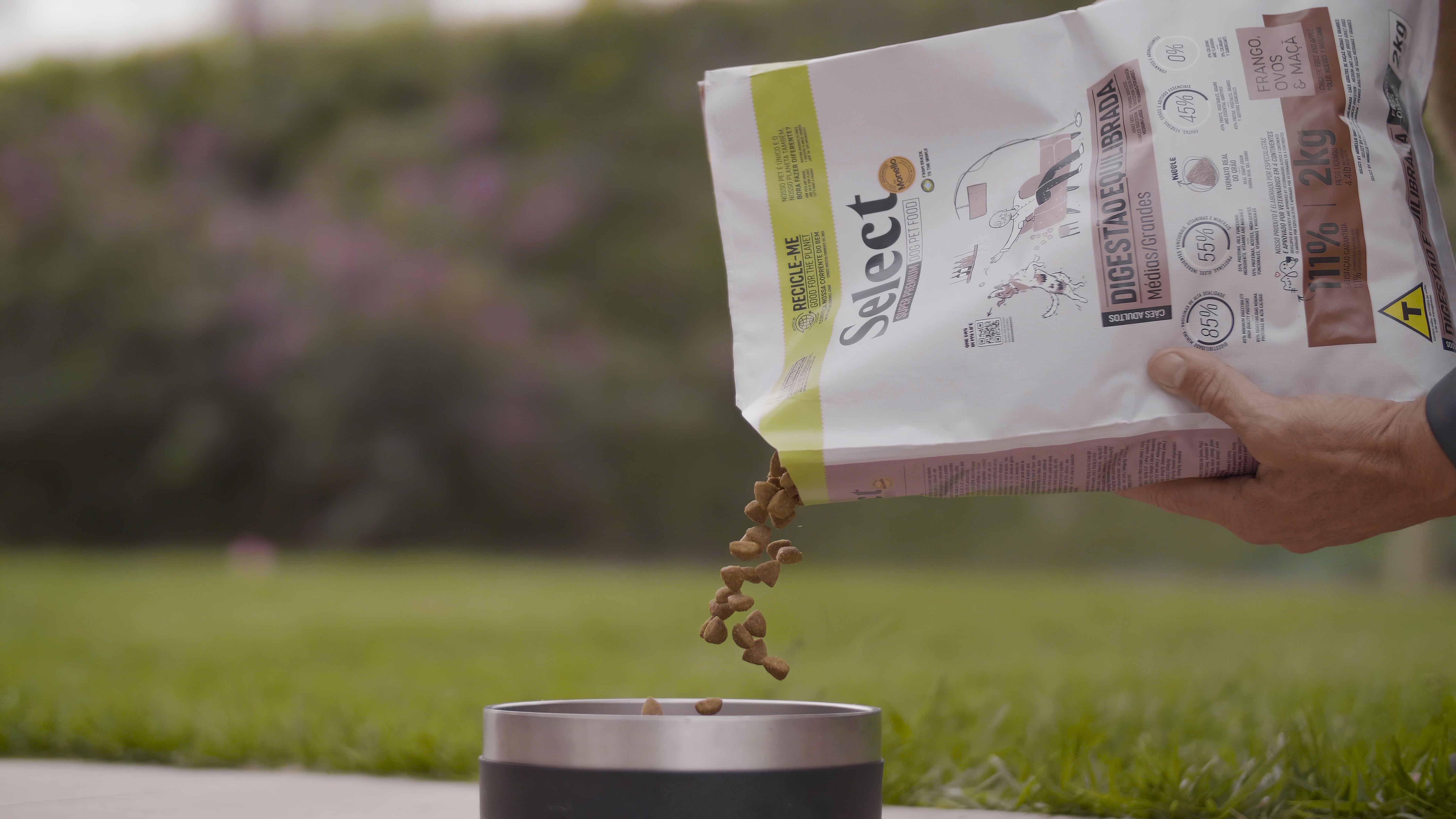My dog is entering the “golden years”, now what?

Agility and energy are no longer the same as in the past, hearing loss is
noticed, there’s some grey hair in the dog’s muzzle, ears, and extremities of
the paws. These are some signs that your dog is reaching a stage of life that
comes with lots of concerns.
The question is: when is my pet considered a senior? Well, there isn’t an easy
answer to this question, since age itself is not a good indicator. Besides, it
varies according to each dog’s breed, size, health care and food intake.
The most important thing is to be aware of signs and take the pet to the vet at
least twice a year. Only a specialist is able to carry out the necessary tests to
identify whether the pet should be treated as a senior. It is worth mentioning,
though, that a senior dog may sleep more, have breathing issues, dental
problems, among others.
A senior dog needs to be very well taken care of, because its health becomes
more fragile over the years. This is the moment it will need you even more.
Enjoy your time with it and take it for short walks in the neighborhood, avoiding
long distances. Play the same usual games with your pet, but remember that it
is no longer the same, and it will need patience and time to have fun.
Put your dog on your lap and cuddle it, because at this stage the pet will be
clingier than ever before. Besides, give preference to foods prepared
exclusively for senior dogs. It is very important that the pet eats well in this
period. Also, always pay attention to the pet’s behavior and visit the
veterinarian if the dog is showing any signs of pain or mental confusion. A dog
at its “golden years” needs plenty of love above all. Never forget that!
Thiago Marçal A. Silva
Technical Product Manager






